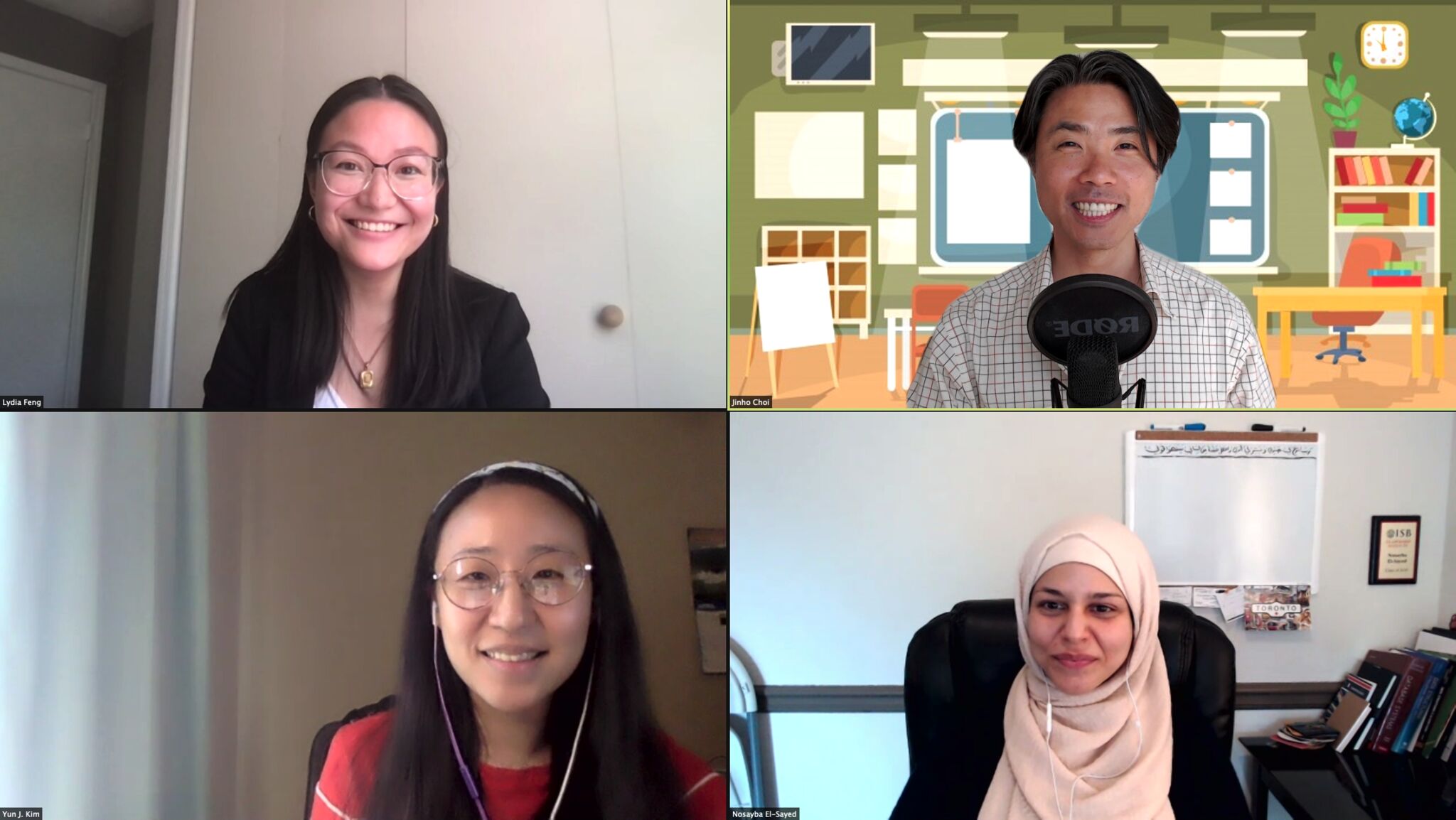Honors Thesis 2021 - Lydia Feng

WISeN: Widely Interpretable Semantic Network for Richer Meaning Representation
Lydia Feng
Highest Honor in Computer Science
Abstract
Many semantic annotations currently utilize Abstract Meaning Representation and PropBank frameset files to represent meaning. This scheme relies on arbitrary predicate-argument structures comprising unintuitive numbered arguments, fine-grained sense-disambiguation, and high start-up costs. To address these issues, we present a new annotation scheme, WISeN, that prioritizes semantic roles over numbered arguments and does away with sense-disambiguation. This scheme aims to be more intuitive for annotators and more interpretable by parsers. We evaluate this annotation scheme with a two-part experiment. First, we measure speed and accuracy of manual annotations. Second, we train a parser on both AMR and WISeN annotations and measure model accuracy. The results show that WISeN supports improved parser performance and increased inter-annotator agreement without sacrificing annotation speed compared to AMR. As such, we advocate for the adoption of WISeN as an annotation scheme for semantic representations.
Department / School
Computer Science / Emory University
Degree / Year
BS / Spring 2021
Committee
Jinho D. Choi, Computer Science and QTM, Emory University (Chair)
Nosayba El-Sayed, Computer Science, Emory University
Yun Kim, Linguistics, Emory University
Links
Anthology | Paper | Presentation
